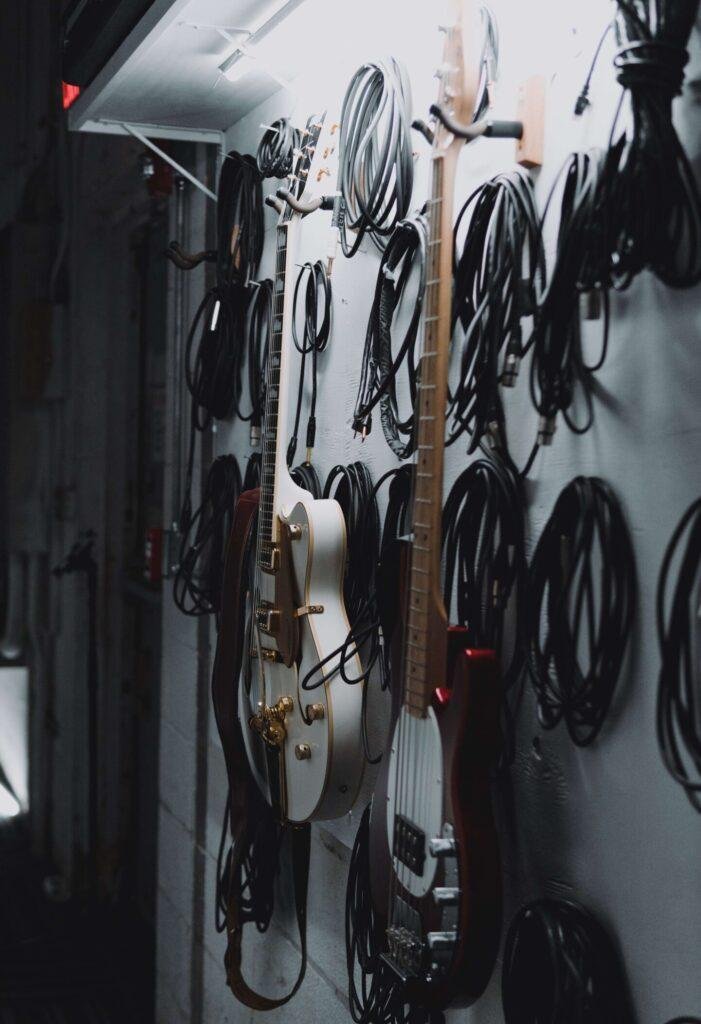Whether you are a professional sound engineer, a musician, or a casual music enthusiast, taking proper care of your sound equipment is crucial to ensure its longevity and optimal performance. Neglecting regular maintenance can lead to costly repairs or even the need for replacement. In this guide, we will provide you with essential tips and tricks for sound equipment care and maintenance, helping you get the most out of your gear.

1. Cleanliness is Key
Keeping your gear clean is one of the most important aspects of sound equipment care and maintenance. Dust, dirt, and grime can accumulate on the surface and inside the various components, potentially causing damage and affecting audio quality. Here are some cleaning tips:
- Use a soft, microfiber cloth to wipe down the surfaces of your equipment regularly.
- Gently remove dust from the knobs, buttons, and faders using a small, soft-bristled brush or a compressed air canister.
- Ensure that all components are completely dry after cleaning.
2. Proper Cable Management
Tangled and poorly managed cables not only look messy but also pose a risk of tripping over and damaging your equipment. Follow these cable management practices:
- Use cable ties or Velcro straps to keep your cables organized and prevent them from tangling.
- Label your cables to easily identify their purpose and connections.
- Avoid bending cables too sharply, as it can damage the internal wiring.
3. Regular Inspection and Maintenance
Performing regular inspections of your sound equipment is essential to catch any issues early on. Here are some tips for maintenance:
- Check your cables for any signs of wear and tear, such as fraying or exposed wires. Replace damaged cables immediately.
- Inspect connectors and jacks for corrosion, dirt, or loose connections, and clean them if necessary.
- Ensure that all knobs, switches, and faders are functioning properly and haven’t become loose or unreliable.

4. Storage and Transportation
Proper storage and transportation are crucial to keeping your sound equipment safe and in good condition. Follow these tips:
- When not in use, store your equipment in a clean and dry environment, away from direct sunlight and extreme temperatures.
- Use protective cases or bags to transport your gear and prevent damage from impact, dust, or moisture.
- Keep your equipment upright during transportation to minimize the risk of internal damage.
5. Regularly Update Firmware and Software
Many sound equipment manufacturers provide firmware and software updates to improve performance and fix bugs. Stay up to date by regularly checking for updates on the manufacturer’s website or through their dedicated software.
6. Professional Servicing
Finally, even with regular sound equipment care and maintenance, it is important to have your gear professionally serviced from time to time. Professionals can perform thorough inspections, clean internal components, and make any necessary repairs or adjustments to ensure optimal performance.
Conclusion
Taking care of your sound equipment is vital for its longevity and performance. By following the tips mentioned in this guide, you can ensure that your gear remains in top shape for years to come. Remember, proper cleanliness, cable management, regular inspections, and professional servicing are key to maintaining the quality of your sound equipment.
For more information and high-quality sound equipment, be sure to visit Harmonic Production.
